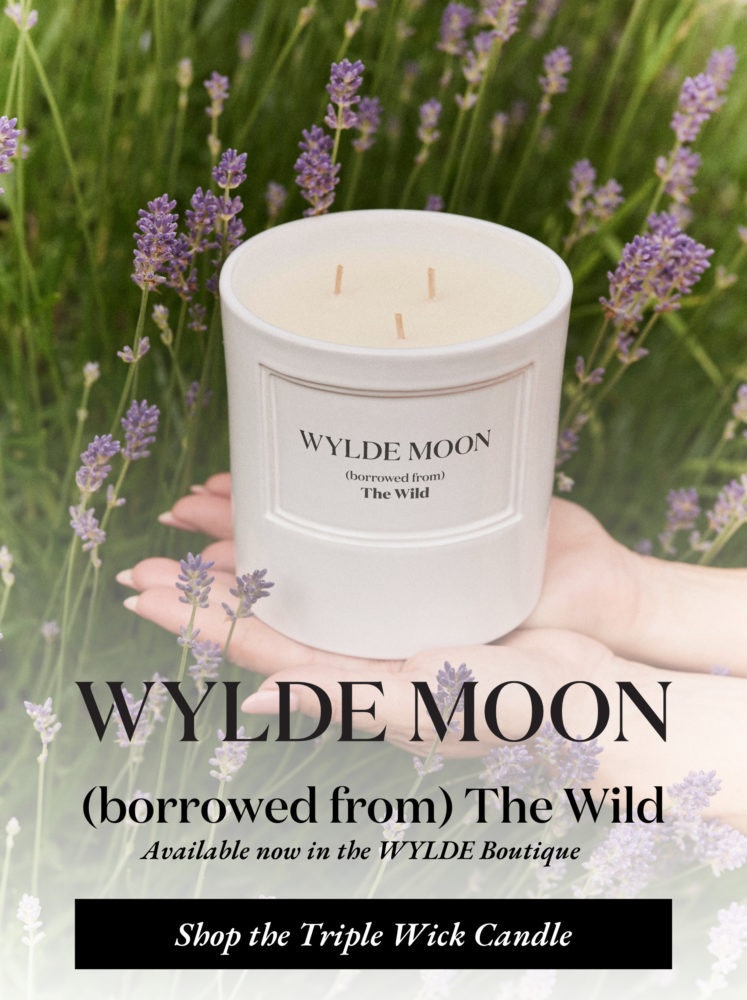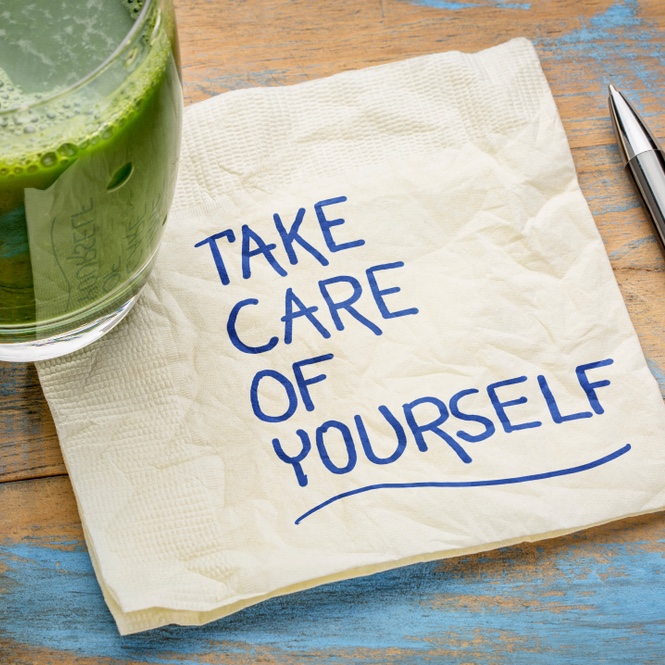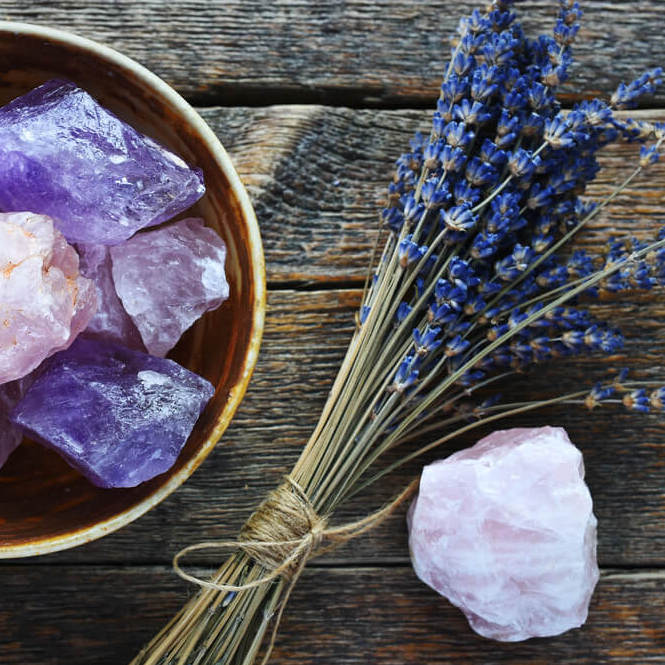5 Minute Read
Words by Kate Lucey
Share this article…
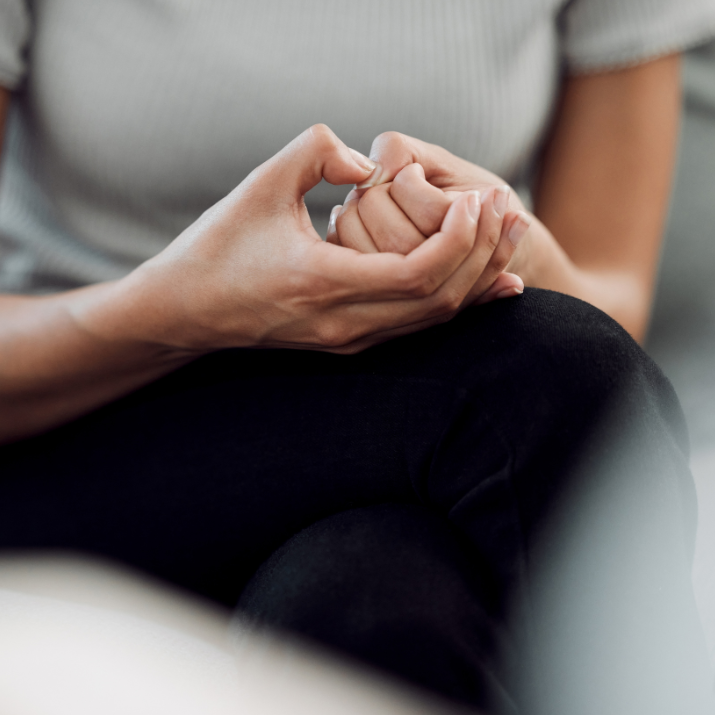
Anxiety is on the rise in every demographic. In the UK, over 8 million people are experiencing an anxiety disorder at any time, and less than 50% of people with generalised anxiety disorder will actually access treatment. But what is anxiety, how do you know if you have an anxiety disorder, and what treatment or help can you look into to reduce your symptoms?
We asked a psychiatrist and a mental health expert to help us explain what anxiety is, how to recognise anxiety in yourself or in your loved ones, and what we can do to help ourselves.
Having anxiety is very different to being a worrier, or feeling worried. Just as depression is different to ‘feeling down’, anxiety is a mental disorder that can severely affect the quality of your life if left untreated.
Everybody worries and has concerns. Not everybody suffers from anxiety. If you feel a nervous anticipation about an upcoming event or conversation, or knowing that you have to do something difficult or important, that is a completely normal response to being under some stress, and not anxiety.
“Being ‘a worrier’ is more of a personality type, in a way,” says Louise Chunn, founder of WellDoing.org, a service which matches you with a therapist most suitable to your needs. “Some people are very exacting about how they want their lives to be. You can be a bit neurotic and not have anxiety – that’s not what you’re dealing with, it’s just the way that you are; you’ll fret about a mess, plan things far in advance, and like to be organised. That’s not anxiety.
“Anxiety is you not being able to appreciate anything good that is happening and having this constant weight of dread upon your chest. A constant feeling that doom is waiting around the corner, with nothing logical to attribute it to.”
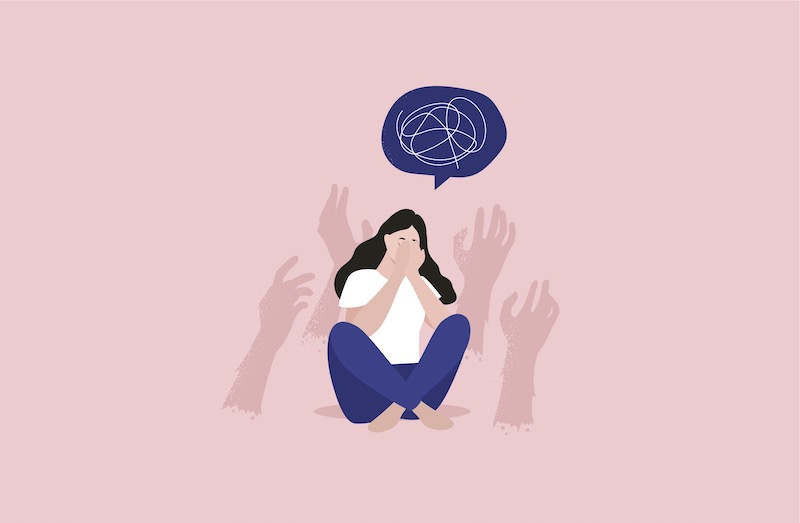
How do I know if I have anxiety?
British Association for Counselling and Psychotherapy (BACP) Registered Counsellor, Marcelle Casingena, explains that “anxiety is more extreme than worry. It can present itself in very black and white thinking, where you’re unable to see shades of grey, and are catastrophising – always assuming the worst will happen.”
“If there’s no logical reason for it, then it’s more likely to be anxiety than you feeling anxious,” says Louise. “If you know that you have to do something difficult or important or overwhelming, it’s natural to feel anxious beforehand.
“There are physical manifestations of anxiety, like feeling a pressure on your chest and like something is physically pressing down on you. Or feeling stressed.
If you’re having heart palpitations, are shaking, having difficulty breathing or are feeling dizzy, they can all be symptoms of anxiety. Irritability is also quite present with anxiety, along with difficulty concentrating, and a general kind of nervousness and feeling unable to relax or do things you used to be able to do, or feel good about any activities. You might also have an underlying feeling of dread, as if something terrible is about to happen. But all the time.”
Symptoms of anxiety can include:
- Feeling a physical pressure or weight on your chest
- Experiencing heart palpitations
- A feeling of underlying dread
- Dizziness
- Shaking
- Irritability
- Difficulty concentrating
- Nervousness
Are certain people more vulnerable to anxiety?
Anxiety can live inside anyone, at any age. “In my experience, anxiety cuts through all genders and cultures,” explains Marcelle. “It can happen to anyone. Certain people may be far less predisposed to talk about their anxiety due to societal expectations or fear of being seen as weak. Others fear they’ll be judged, or keep up appearances with a stiff upper lip while feeling anger and shame internally.”
“Anxiety is the top search on WellDoing.org,” says Louise. “Our users are about 65% women, but we’re seeing more and more men on the site all the time – although anxiety does seem to be more present in women who typically try and juggle so much more – without wanting to sound exactly like America Ferrera’s speech in Barbie, but they do.
“Younger people are using therapy in a way that they didn’t used to do before. Midlife women are still going through a lot; not being fertile anymore, having children leave home, going through menopause, using HRT… the list goes on. But we’re seeing a lot of younger people and students in particular come to the site to find a therapist.”
Is there a reason people develop anxiety?
“You are not to blame for your feelings of anxiety,” explains Marcelle. “The feelings could be caused by past experiences in childhood or adulthood, and can include abuse, bereavement, homelessness, neglect and racism. Or perhaps there are current problems like exhaustion, a build up of stress, money or health problems, a bereavement or other loss. It’s always worth getting a check up with your GP to rule out any medical reason for the anxiety and see what help is available to you.
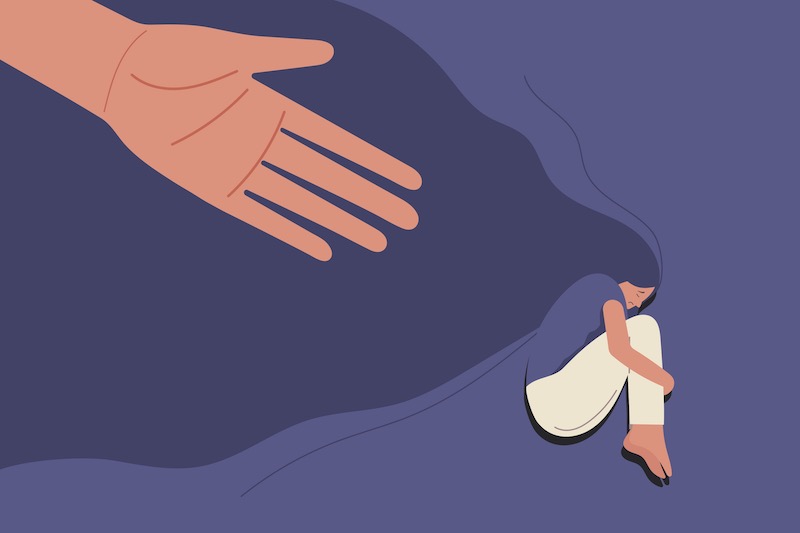
What if we can see that someone we love is struggling with anxiety, how can we help them?
“Pick a quiet time to talk to them, when you might say for instance: ‘I’ve noticed you seem a little anxious, and wondered if you’d like to talk about it’, or even just ‘I’m here for you anytime if you want to share or talk’. Being listened to can be very helpful and help reduce the anxiety. It’s tempting to offer advice but starting with something simple like ;what can I do to support you?’ or ‘what would be helpful’ or ‘how does that feel’ in the first instances.
“Remember that your person may simply not be able or willing at this stage to take any action, and sharing how they feel can already feel like a huge step. Be there to listen to them and to reassure them. Having useful resources for them, such as information from charities like Mind could follow.’
What else reduces anxiety?
“When it comes to self care, small steps can cover a big distance,” says Marcelle. “These steps can include:
- Eating as well as you can – which could be difficult if you’re feeling anxious and can’t think of shopping or cooking.
- Getting enough good quality sleep
- Resting. Having restorative, quiet time to feel calm and rest. Listening to music or reading can help here. Anxiety is exhausting, cut back where you can to create space and recover. Check in with your GP, who might be able to help you take time off from work if needed.
- Nature. Being outside and walking generally, particularly in green space.
- Consider confiding in a family member or friend, and looking into therapy if you can.
- It may also help to write your worries down.
If you can afford it, talking therapy or Cognitive Behavioural Therapy (CBT) are very useful options. Mind, the mental health charity, offers therapy at lower rates, and if you speak to your GP, you can be referred to therapy on the NHS. Many therapists also offer discounted rates for students or those on a low income.
“When you have anxiety, it feels like nobody can relate to you or understand you – but a therapist can, and they will listen to you in a different way than your friends might do. You might think you have enough friends you can rely on for listening, but it’s different in therapy,” says Louise. “It is their job to listen to you and not judge you.”
Share this article…


